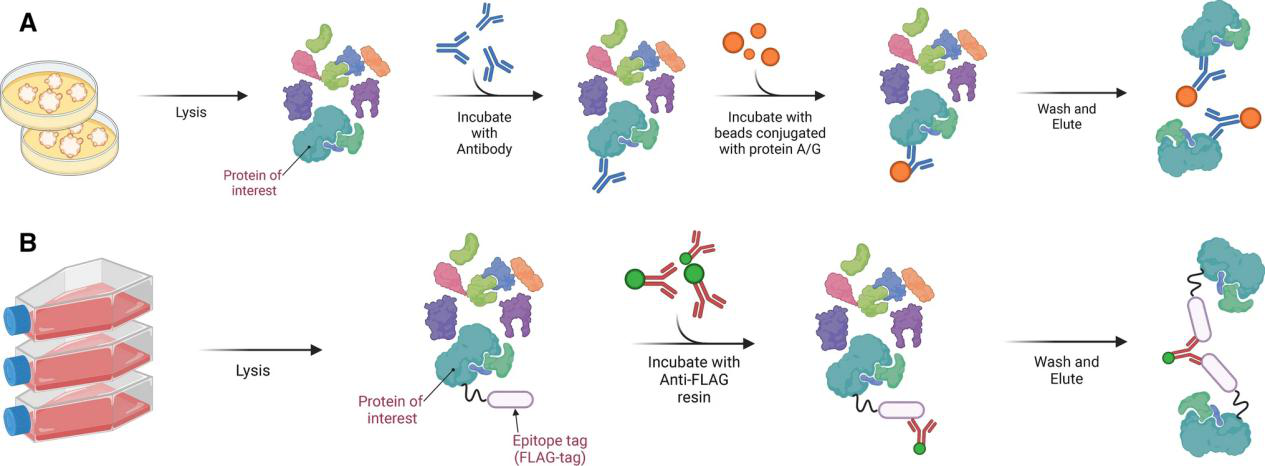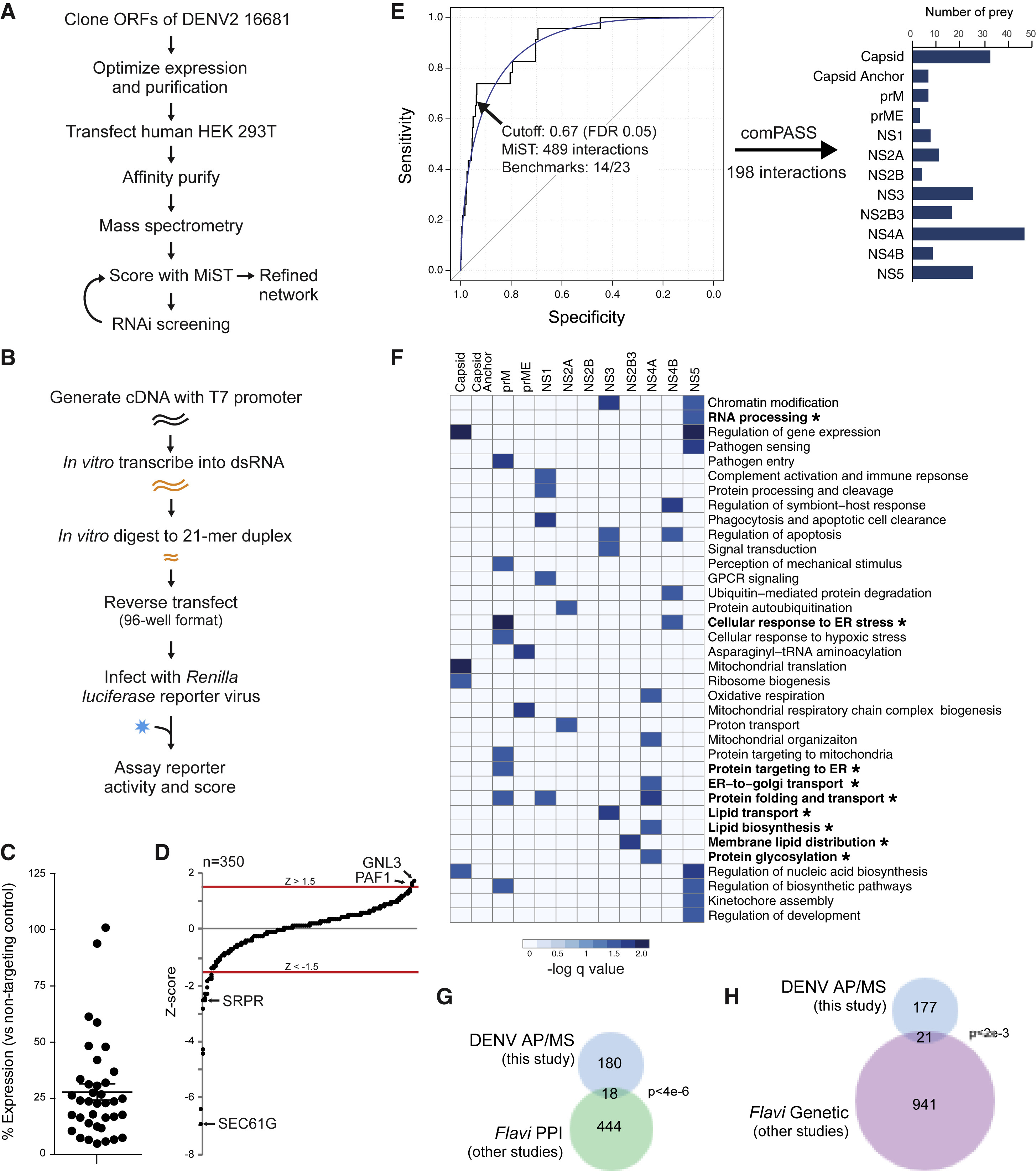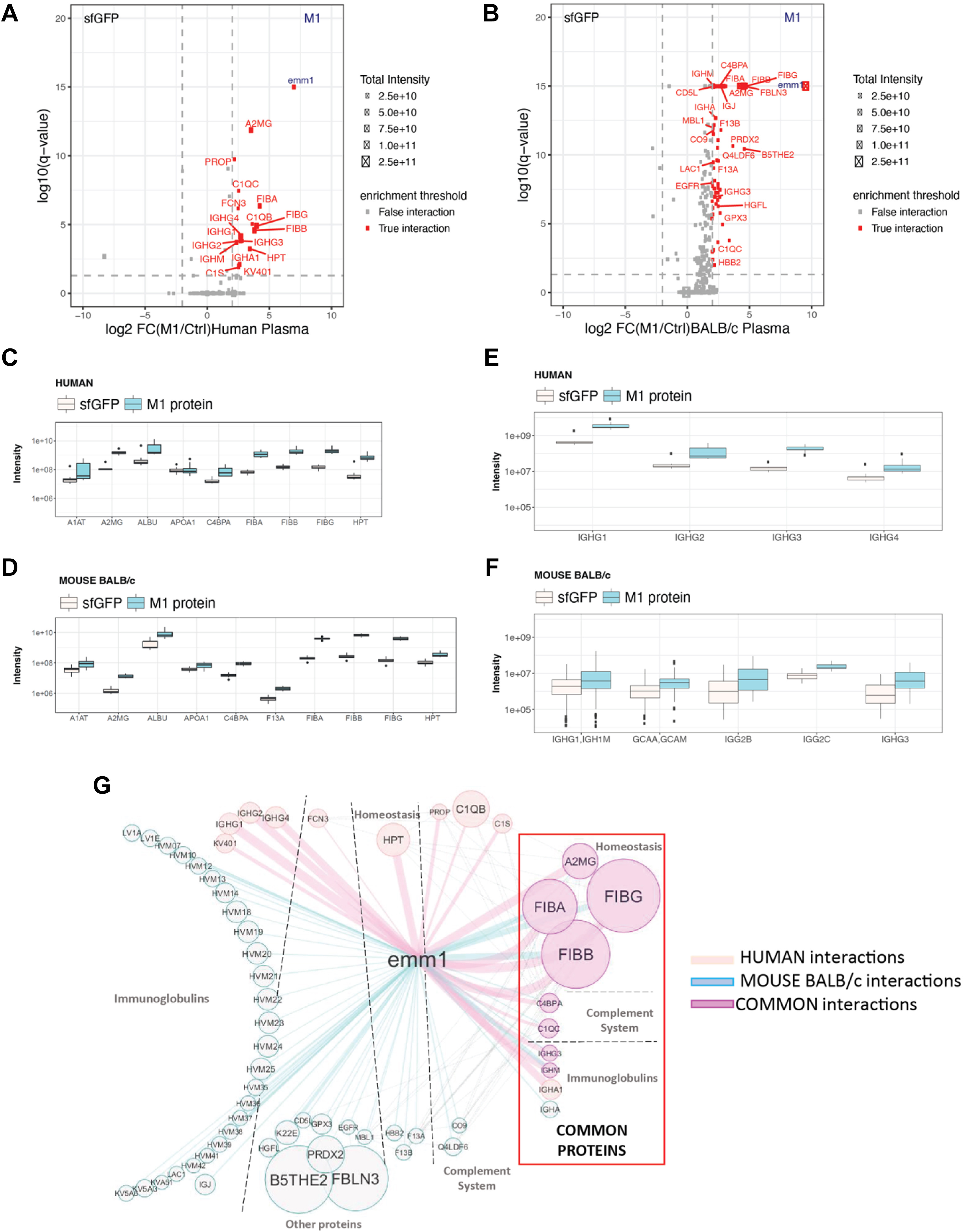Affinity Purification-Mass Spectrometry Service
- Protein-Protein Interaction Research: Mapping the protein interaction networks within and outside the cell.
- Signal Pathway Analysis: Investigating the molecular mechanisms and regulation of critical biological pathways.
- Disease Mechanism Research: Analyzing changes in disease-related proteins and their interactions.
- Drug Development: Efficiently screening candidate drug targets and small molecule inhibitors.
- Biomarker Screening: Identifying potential disease biomarkers through the analysis of protein interaction networks.
Affinity purification-mass spectrometry is a highly sensitive technique used to investigate protein interaction networks, characterize protein complexes, and explore the functions of biological macromolecules. By combining affinity purification with mass spectrometry, affinity purification-mass spectrometry can efficiently isolate target proteins and their interacting partners from complex biological samples, providing accurate qualitative and quantitative data. This makes it a powerful tool for supporting research in cell biology, disease mechanisms, and drug discovery.
MtoZ Biolabs offers comprehensive affinity purification-mass spectrometry service leveraging state-of-the-art Orbitrap Fusion Lumos mass spectrometry platforms and highly efficient Nano-LC systems. Our expert technical team will design customized experimental protocols tailored to your needs, from sample preparation through to data analysis, ensuring the accuracy and efficiency of your results. Whether for basic research or clinical studies, MtoZ Biolabs is committed to delivering exceptional technical support and innovative solutions.
Services at MtoZ Biolabs
At MtoZ Biolabs, we offer professional affinity purification-mass spectrometry service to help clients gain in-depth insights into protein interactions and the associated biological processes. Our services encompass the entire process, from sample preparation to data analysis. We specialize in integrating a range of affinity purification techniques, such as:
Immunoprecipitation (IP): Enriching target proteins with specific antibodies, widely used for studying protein interactions.
Co-immunoprecipitation (Co-IP): Capturing both target proteins and their interacting partners with antibodies, ideal for protein–protein interaction studies.
GST Pull-down: Using the GST tag’s binding affinity to capture and analyze protein–protein interactions.
Custom Affinity Purification Methods: We can provide additional tag-based purification technologies (e.g., FLAG-tag, His-tag) to meet specific research needs.

Low, T. Y. et al. Cell. Mol. Life Sci. 2021.
Figure 1. Common Affinity Purification Methods: IP (A) and Tag-based (B)
Through the combination of these advanced purification techniques and mass spectrometry, we deliver high-quality, accurate protein interaction data that support the exploration of protein functions, molecular mechanisms, and potential biomarkers.
Analysis Workflow
1. Sample Preparation
Select the appropriate affinity purification technique to lyse cell or tissue samples, based on research requirements.
2. Affinity Purification
Use specific antibodies or affinity tags to capture target proteins and separate their interacting partners.
3. Mass Spectrometry Analysis
Perform high-resolution qualitative and quantitative analysis on purified proteins.
4. Data Analysis
Process the data using specialized software, generate visual protein interaction networks, and provide a comprehensive analytical report.
Service Advantages
1. High Sensitivity: Affinity purification-mass spectrometry enables the precise capture of low-abundance proteins and their interacting partners, ideal for analyzing complex biological samples.
2. Comprehensive Analysis:: The technique enables simultaneous analysis of multiple protein interactions, shedding light on protein functions and intracellular signaling pathways.
3. High Throughput: Affinity purification-mass spectrometry supports large-scale screening and the construction of protein–protein interaction networks, facilitating high-throughput drug discovery and biomarker identification.
4. Method Integration: By combining IP, Co-IP, and GST Pull-down methods, we ensure the comprehensive and accurate assessment of protein interactions.
5. High-Data-Quality: Deep data coverage with strict data quality control. AI-powered bioinformatics platform integrate all proteomics analysis data, providing clients with a comprehensive data report.
6. One-Time-Charge: Our pricing is transparent, no hidden fees or additional costs.
Applications
Our affinity purification-mass spectrometry service is applied in the following fields:
Case Study
Case1: Using Affinity Purification-Mass Spectrometry to Uncover the Host Protein Interaction Network of Flaviviruses
This study utilized affinity purification-mass spectrometry to systematically identify the protein interaction networks of Dengue and Zika viruses with host proteins, uncovering key host proteins and their pathways involved in the viral pathogenic mechanism. The findings provide important insights into viral infection mechanisms and contribute to the development of antiviral therapies, highlighting the value of affinity purification-mass spectrometry in analyzing complex protein networks.

Shah, P. S. et al. Cell. 2018.
Case2: Using Affinity Purification-Mass Spectrometry to Analyze the Antigenic Properties and Host Interactions of Streptococcus M1 Protein
This study employed affinity purification-mass spectrometry to analyze the interaction networks between Streptococcus pyogenes M1 protein, host plasma proteins, and antibodies. The results revealed that while M1 protein binds to multiple plasma proteins, immune-generated polyclonal IgG predominantly targets epitopes outside the binding interface. This research further identified 292 IgG-associated peptides, showcasing the utility of affinity purification-mass spectrometry in examining antigen-specific antibodies and host-pathogen interactions, and providing key support for vaccine development.

Torres-Sangiao, E. et al. Mol. Cell Proteomics. 2024.
Deliverables
1. Comprehensive Experimental Details
2. Materials, Instruments, and Methods
3. Total Ion Chromatogram & Quality Control Assessment
4. Data Analysis, Preprocessing, and Estimation
5. Bioinformatics Analysis
6. Raw Data Files
MtoZ Biolabs offers one-stop affinity purification-mass spectrometry service for global researchers. With our cutting-edge technology platforms and professional team, we are ready to advance your research projects to new heights. For more information, please contact us!
How to order?







